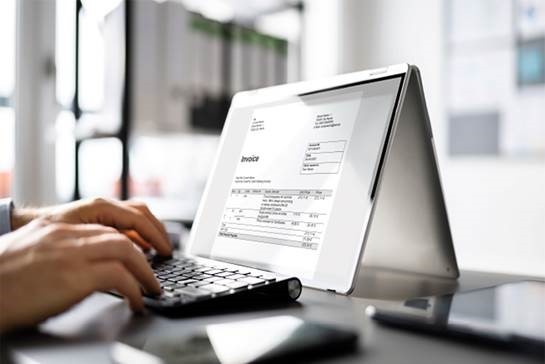
Image credit: BDO
KUALA LUMPUR: Centre for Market Education (CME) said the complexity of e-invoicing is likely to push micro business further into the shadow economy rather than bring them out of it.
In a statement today, it said a special scheme for micro businesses is needed to bring them out of the shadow economy and effect a larger tax base for the country.
All firms are subject to compulsory e-invoicing from Aug 1, 2025.
CME said the complexity of e-invoicing may work to increase the relative weight of the shadow economy instead of reduce it.
"When a fiscal regulation is too complicated and compliance not straightforward, it not only creates incentives to elusion and evasion, but it also becomes difficult to enforce," Its chief executive officer Carmelo Ferlito said in the statement today.
Currently e-invoicing will require each fiscal subject to fill 55 data fields for each counterpart. Additional 12 fields may be required in special cases.
CME highlighted that the fragmented nature of Malaysian capitalism must not be forgotten: in 2021, 97.4 per cent of the firms registered in Malaysia were Micro, Small and Medium Enterprises (MSMEs).
It is even more striking that 76.59 per cent of the total number of registered businesses and 78.64 per cent of MSMEs were microenterprises.
"When applied to the generality of firms, the new scheme may find most of them unprepared to implement it in practical terms and the scheme itself may become for microbusinesses an incentive to elude it or to eventually cease operations," CME said.
A similar discrepancy between the will to make Malaysia an attractive investment destination and on-the-ground regulation can be found in another fiscal reform which discriminates against small and medium enterprises (SMEs) with at least 20 per cent foreign ownership.
Currently in Malaysia, companies with paid-up capital of RM 2.5 million or less at the beginning of the basis period, and having gross business income from one or more sources from the relevant year of assessment of not more than RM 50 million, are classified as SMEs.
As SMEs their profits are taxed at preferential rates of 15 per cent on the first RM 150,000 chargeable income and 17 per cent on the RM 150,001 to RM 600,000 chargeable income.
From 2024 however, SMEs with more than 20 per cent of paid-up share capital owned by a foreign company or a non-Malaysia citizen, will not be entitled to the 15 per cent and 17 per cent preferential tax rates.
"Such a measure is in conflict with the principle of fiscal equity, according to which taxes are applied to incomes as figures and not according to the nationality of the individuals producing those incomes," CME said in the statement.
It believes that these new fiscal measures are in conflict with the spirit of the Madani framework, which emphasises both the importance of making Malaysia an open and attractive destination for international businesses, and the importance of promoting local entrepreneurship.
CME suggests not to only to re-instate the principle of fiscal equity but also to develop a special fiscal scheme for microbusinesses which should become an incentive for them to emerge from the shadow economy rather than another mechanism to push them further into it.
Such a scheme should reduce the number of their accounting compliances and simplify the way in which their taxable income is calculated, so to improve also authority's enforcement capacity.
"The tax base can be enlarged and fiscal revenues improved if the fiscal system moves in the direction of being more equitable and straightforward, to reduce incentives to evasion and improve enforcement ", Ferlito said.
Source: https://www.nst.com.my/business/corporate/2024/04/1033254/cme-complexity%C2%A0-e-invoicing-likely-push-micro-businesses-further

